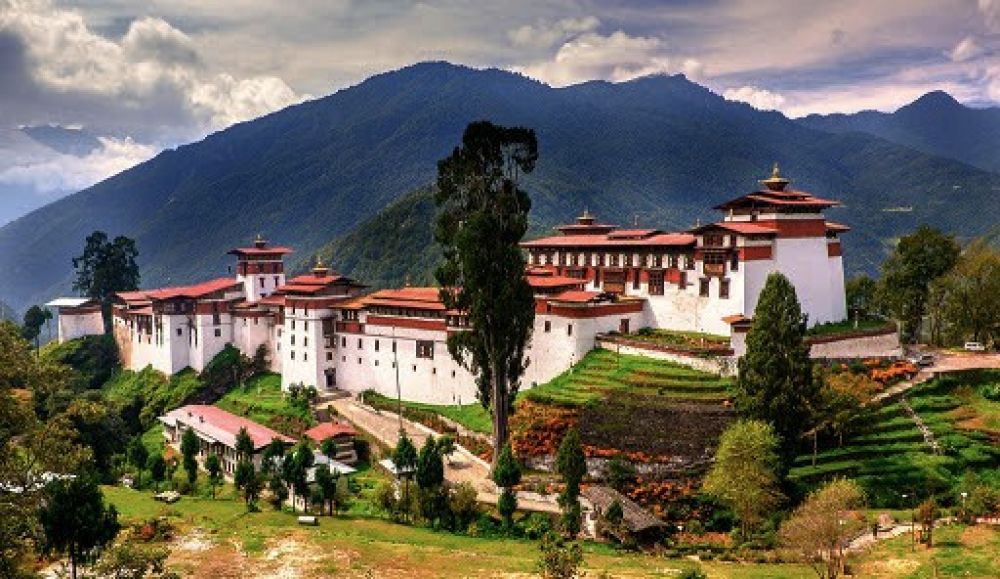

Trongsa, a town situated in central Bhutan, has long been an integral dot on the map of this mystical Himalayan kingdom. Nestled within the folds of the Black Mountains, the town's history intertwines with the rise of the Wangchuck dynasty, which still rules Bhutan to this day. Tourism in Trongsa, as in much of Bhutan, is a relatively recent phenomenon, deeply tied to the country's unique approach to modernization and its emphasis on environmental and cultural preservation.
Bhutan cautiously opened its doors to tourism in 1974, with the coronation of the fourth King, His Majesty King Jigme Singye Wangchuck. This historic event brought a handful of guests into the country, introducing the world to Bhutan’s rich culture and unspoiled landscapes. In the ensuing decades, the government adopted a strict policy of "High Value, Low Impact" tourism to safeguard its cultural heritage and natural environment.
Trongsa, with its commanding Dzong — a fortress monastery that has been the seat of power for Bhutan's kings — began attracting tourists who were interested in the country's deep history and Buddhist traditions. The Dzong itself has been a nexus of political power and religious importance since its founding in 1644 by Chogyal Minjur Tempa.
Over the years, Trongsa developed its infrastructure to accommodate the increasing numbers of tourists seeking to explore its ancient lanes and trails. The town's central location in Bhutan made it an indispensable stop for travelers crossing the country, allowing them to marvel at the stunning Trongsa Dzong and the ancient Watchtower, known locally as Ta Dzong, which now houses a museum.
In line with Bhutan's sustainable approach to development, lodging and amenities in Trongsa have grown thoughtfully, ensuring that they integrate with the local landscape and traditions. Home-stays, eco-friendly hotels, and lodges offer visitors a chance to immerse themselves in the local Bhutanese way of life while contributing to the livelihoods of Trongsa's residents.
In recent years, Bhutan has become a popular destination for travelers seeking authentic cultural experiences, adventure tourism, and spiritual growth. In Trongsa, this has translated to a rise in cultural tours, trekking expeditions, and meditation retreats. The annual Trongsa Tshechu, a religious festival featuring masked dances and traditional Bhutanese music, has become a significant draw for tourists looking to experience the living culture of Bhutan.
Moreover, the town's tourism sector is also beginning to embrace the recent trend of digital detox tourism, where visitors escape from the constant connectivity of their daily lives to engage more fully with the environment and community around them. This fits perfectly with Trongsa's serene setting and the country's overall ethos of promoting Gross National Happiness.
Looking ahead, the future of tourism in Trongsa is likely to continue reflecting the broader values of Bhutanese society. This means maintaining a balance between welcoming the economic benefits of tourism and preserving the cultural and ecological integrity of the region. Efforts to promote responsible tourism practices, such as eco-tourism and community-based tourism, are expected to be at the forefront, ensuring that Trongsa remains a prime destination for mindful travelers for generations to come.